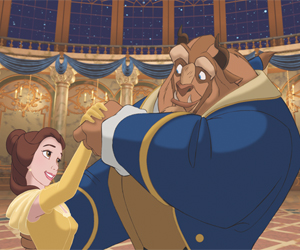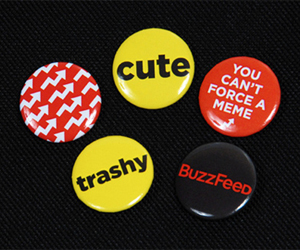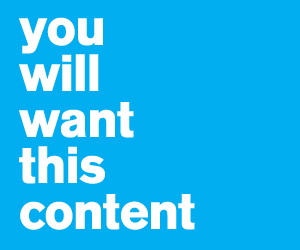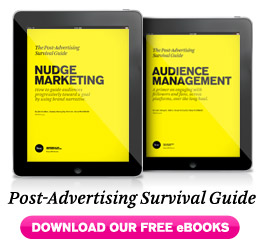
Disney All-In on Content Marketing With “Oh My Disney”
This post originally appeared in our March ’13 issue of “Live Report from the Future of Marketing,” our monthly Post-Advertising newsletter. Subscribe for free here.
Though it was founded in 2006 (which makes it older than Twitter), BuzzFeed stormed onto the social media scene in 2012, more than doubling its 2011 traffic (per Alexa).
The format is perfect for the way audiences consume and share media today. The content is easy to consume, relevant, entertaining and frequent, as the site posts dozens of times a day. Brands like HBO and Velveeta have even joined in, co-creating content with BuzzFeed. It’s a publishing model that requires lots of staffers and community contributors to keep the content fire hose pumping.
So it was quite a surprise to see that Disney has launched its own BuzzFeed-like site. Entitled “Oh My Disney” (OMD), the site features articles with Disney imagery, GIFs and other short-form Disney-related editorial built specifically to be easily consumed, enjoyed and quickly shared. Posts like “15 More Reminders That You’re Great Today” and “You Know You're a 90's Kid When” are organized into five categories: Awww; Oh, Snap!; Retro; Silly; and Whoa.
The page is updated quite consistently, anywhere from two to eight times a day (even if the content isn’t necessarily timely). So how is Disney doing it?
Editor's picks
- Casinos Not On Gamstop
- Best Non Gamstop Casinos UK
- Best Non Gamstop Casinos In The UK
- Casinos Not On Gamstop
- Casino Not On Gamstop
- Non Gamstop Casino Sites UK
- Slots Not On Gamstop
- Online Casino Canada
- Non Gamstop Casino UK
- カジノ オンライン
- Casino Not On Gamstop
- Casino Sites Not On Gamstop
- Casino Sites Not On Gamstop
- Sites Not On Gamstop
- Casinos Not On Gamstop
- Meilleur Casino En Ligne
- UK Online Casinos Not On Gamstop
- Online Casinos
- Non Gamstop Casinos
- Casino Not On Gamstop
- Best Online Casinos UK
- Meilleur Casino En Ligne Avis
- Casinos Not On Gamstop



